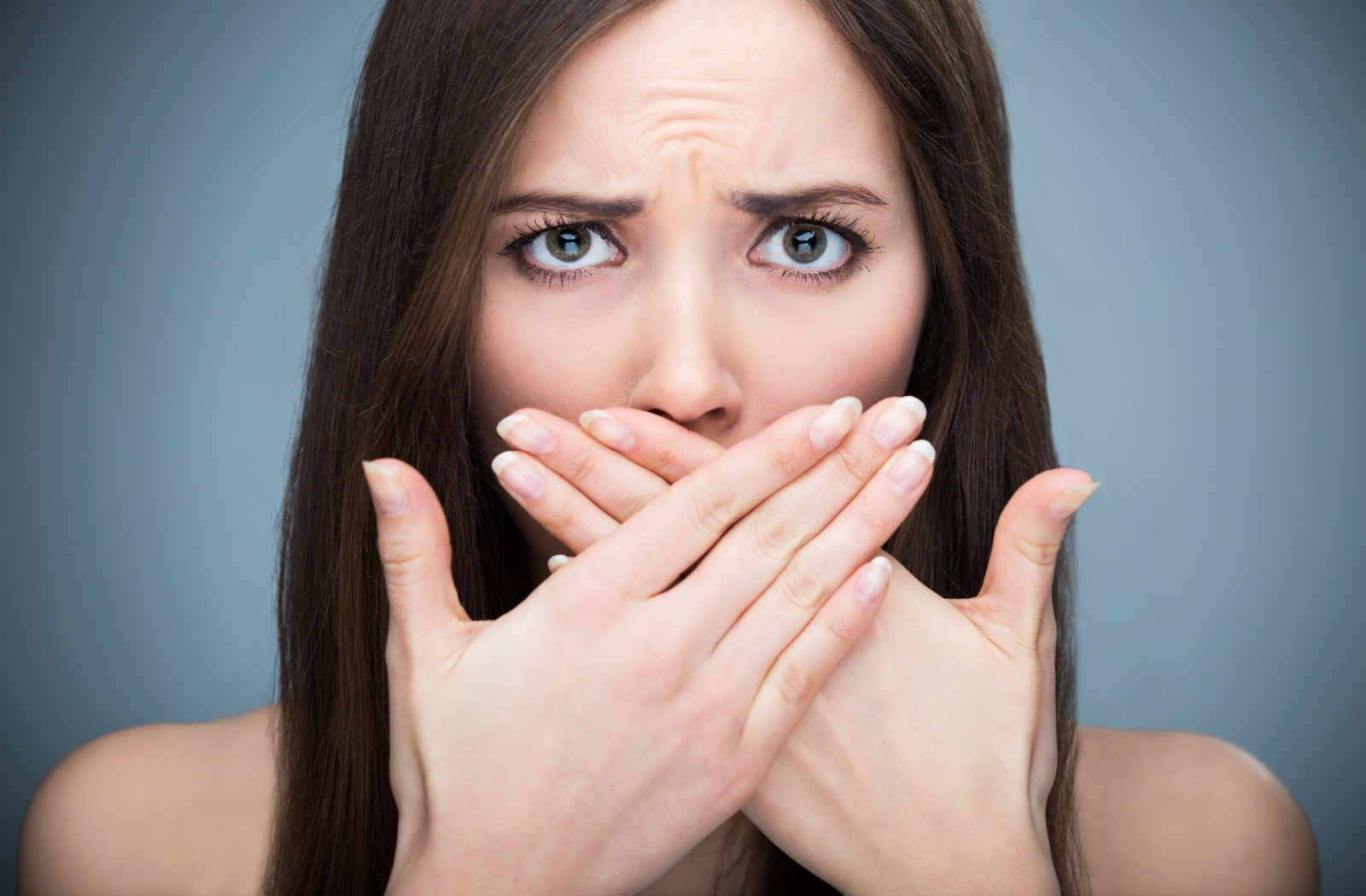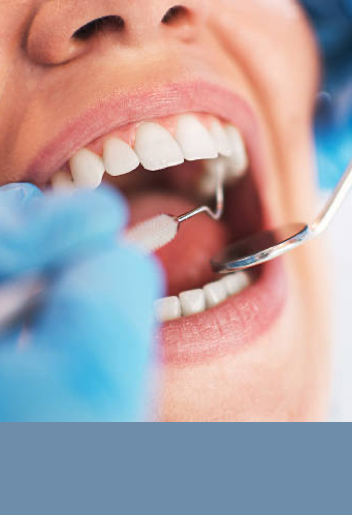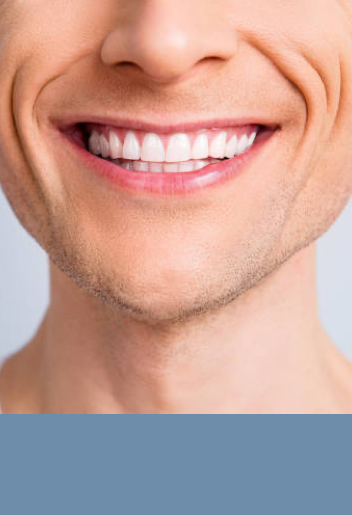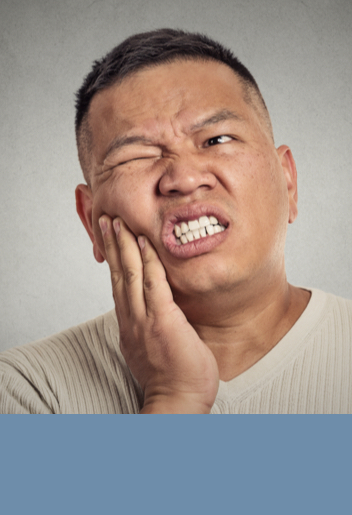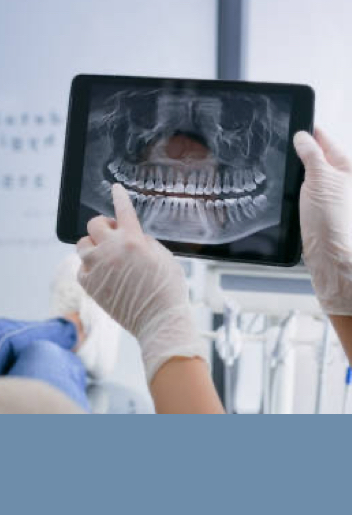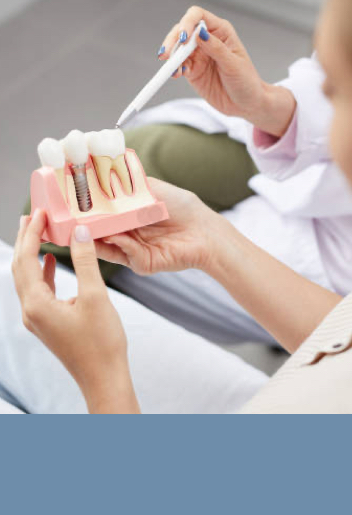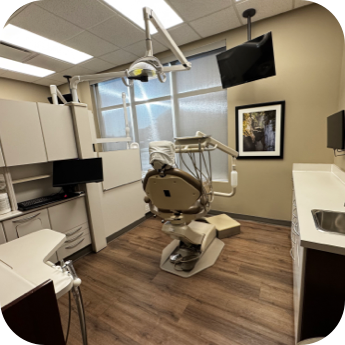Ever wondered why your breath still smells even after a good brushing? You’re not alone. Bad breath, or halitosis, can be quite frustrating, especially when you’re doing your best to keep your mouth clean.
But don’t worry—there are reasons why this happens. Our team at Country Hills Dental Centre is here to help you figure out what could be causing bad breath.
Even after brushing, bad breath can linger due to leftover food particles, dry mouth, certain foods, smoking, or underlying health issues like gum disease, sinus infections, or gastrointestinal issues.
Understanding what causes bad breath can help you take the right steps to keep your teeth clean and your breath fresh between dental exams and cleanings. When you visit us, we can offer personalized advice based on your personal oral health.
Why Does Bad Breath Stick Around After Brushing?
Understanding the underlying causes of bad breath can help you tackle the problem more effectively. Here are some common reasons why you might experience bad breath even after brushing:
Poor Brushing Technique
Even if you’re brushing regularly, improper technique can leave food particles and bacteria behind. Ensure you’re brushing for at least 2 minutes and reaching all areas of your teeth and mouth.
Food Particles & Debris
Tiny food particles can get stuck between your teeth and gums. When these particles break down, they can release foul-smelling compounds. Flossing can help remove the particles that brushing alone might miss.
Dry Mouth
Saliva helps wash away food particles and bacteria. If you have dry mouth, food particles and bacteria might linger in your mouth, leading to bad breath. Staying hydrated is important for maintaining good saliva flow.
The Importance of Regular Dental Checkups
Regular dental checkups are important for maintaining good oral health, and they can also play a role in preventing bad breath.
Professional Cleanings & Bad Breath
Professional cleanings help remove plaque and tartar buildup, which can cause bad breath. Schedule cleanings every 6 months to keep your mouth healthy.
Identifying & Treating Dental Issues Early
Early detection and treatment of dental issues like cavities and gum disease can help stop them from worsening and causing bad breath.
Underlying Medical Conditions
Certain medical conditions can contribute to bad breath as well, including oral health conditions and conditions that affect other parts of your body.
Gum Disease & Bad Breath
Gum disease is a common cause of persistent bad breath. Bacteria trapped in gum pockets can produce a strong odour. Regular dental checkups and cleanings are essential for preventing gum disease.
Sinus Infections & Respiratory Issues
Sinus infections and other respiratory issues can cause post-nasal drip, which can lead to bad breath. If you suspect you may have a sinus infection or have chronic respiratory issues, you should speak with your doctor about appropriate treatment.
Gastrointestinal Problems
Digestive issues such as acid reflux can cause stomach contents to flow back into the esophagus, leading to bad breath. Managing these conditions with the help of a healthcare professional can help you find the right way to alleviate these symptoms.
Diet & Lifestyle Factors
Certain foods and lifestyle choices can also contribute to bad breath. Paying attention to how often you consume problematic foods, tobacco, and alcohol may make a difference in the freshness of your breath.
Foods That Contribute to Bad Breath
Garlic, onions, and certain spices can leave a lingering odour in your mouth. Brushing your teeth after eating these foods or chewing sugar-free gum may help you avoid bad breath while you enjoy the foods you love.
Smoking & Tobacco Use
Smoking and using tobacco products can cause bad breath, stain your teeth, and lead to other serious long-term health issues. Quitting these habits or taking steps to reduce your use could help improve your oral health and overall health.
Alcohol Consumption
Alcohol can dry out your mouth, reducing saliva flow and leading to bad breath. Alcohol can also irritate your gums, and the sugars in many alcoholic beverages can increase your risk of developing gum disease. Limiting your alcohol intake and staying hydrated can help you avoid these negative effects.
Mouthwash & Its Role in Fresh Breath
Mouthwash can be useful in your oral hygiene routine and may help you keep your breath fresh, but it’s important to understand its benefits and limitations.
Benefits & Limitations of Mouthwash
Mouthwash can temporarily mask bad breath and kill bacteria. However, it’s not a substitute for regular brushing and flossing.
Some mouthwashes also contain alcohol, which can dry out your mouth and worsen bad breath over time.
Choosing the Right Mouthwash for Fresher Breath
Choose alcohol-free mouthwashes with antibacterial properties. Look for products that contain ingredients like chlorhexidine or cetylpyridinium chloride for effective results.
When in doubt, feel free to ask us about which mouthwash we recommend. We would be happy to provide guidance based on your personal oral health.
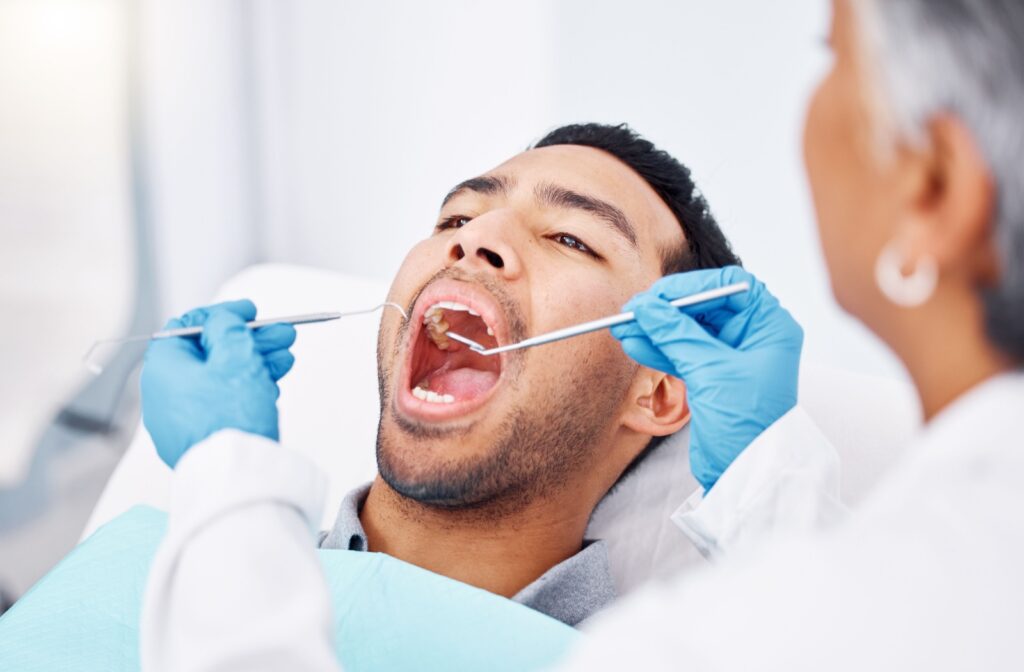
Tips for Preventing Bad Breath after Brushing
The right strategies for managing bad breath can depend on the underlying cause, but there are some steps you can take at home to help reduce and prevent bad breath. Try these tips to keep your breath fresh and your mouth healthy:
Use Proper Brushing & Flossing Techniques
Brush for at least 2 minutes twice a day, using gentle circular motions. Don’t forget to brush your tongue, where bacteria can also accumulate and cause bad breath. You should also floss daily to remove food particles and plaque between your teeth.
Stay Hydrated
Drink plenty of water throughout the day to keep your mouth moist and wash away food particles and bacteria.
Make Diet Adjustments for Better Breath
Incorporate more fruits and vegetables into your diet. Crunchy produce like apples and carrots can stimulate saliva production and help clean your teeth naturally.
When to See a Dentist
If you’ve tried improving your oral hygiene and lifestyle habits but you are still experiencing bad breath, it could be time to see a dentist. You should also visit us for a dental exam if you experience bad breath alongside other symptoms, such as bleeding gums, loose teeth, and chronic dry mouth.
How Dentists Can Help
We can identify underlying issues that may be causing bad breath, such as gum disease and dry mouth. We can also provide personalized treatment plans, guidance for maintaining your oral health at home, and recommend products based on your needs.
Maintaining Fresh Breath & Your Oral Health
Remember, good oral hygiene, a healthy diet, and regular dental checkups can help you keep your breath fresh and your smile healthy.
If you’re ready to take control of your oral health, book an appointment with us at Country Hills Dental Centre. We’re here to help you achieve and maintain a bright, fresh smile.

